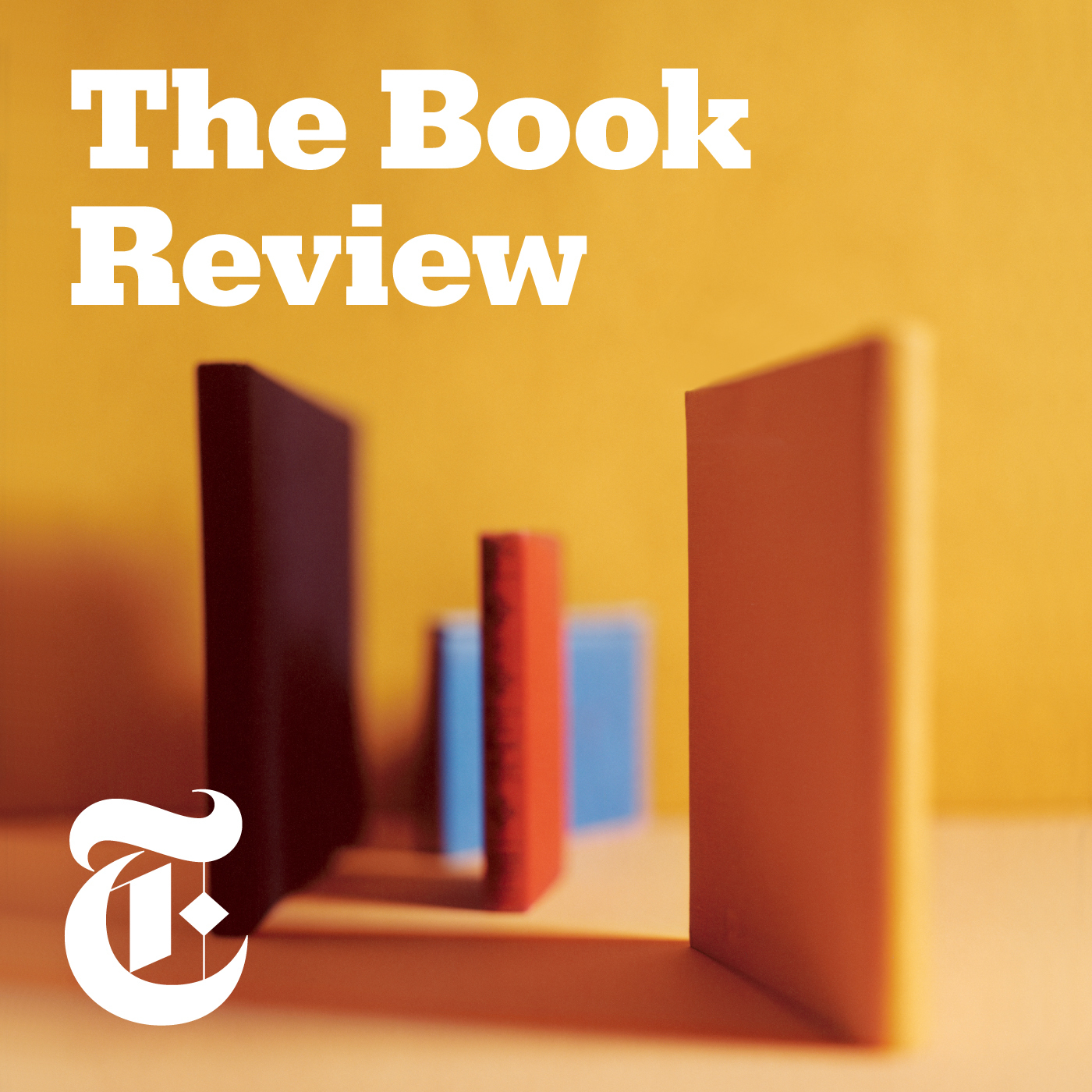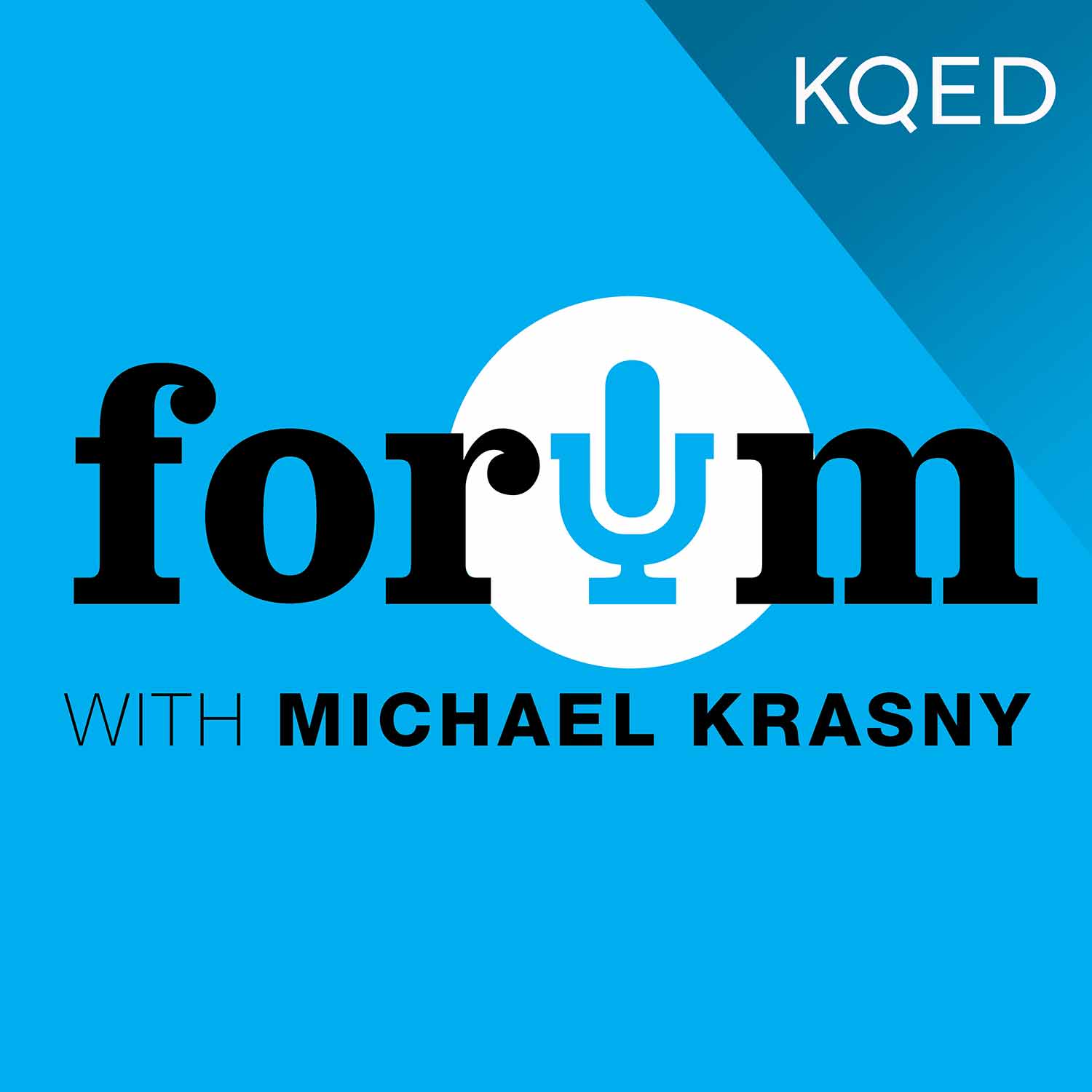
NPR’s Scott Simon speaks to Dani Shapiro about her new novel, “Signal Fires,” which follows how lives in one neighborhood change following a car accident in 1985.

“I always wrote about family secrets…at the age of 54 [I discovered] that I was the family secret. I was searching for something, and it wasn’t until that moment when the lights kind of blinked on, that I realized that I had been the secret. And that’s what I was searching for.”
“That was the moment, although I still thought it was possible that Ancestry had made a mistake … but I had a crushing realization that if this was true, that either our father wasn’t my half-sister’s father, or that he wasn’t my father. And I knew that if that was the calculation, that it meant he wasn’t my father.”

“I still could not imagine that I was going to find out what I would eventually find out… I spent 54 years believing that I absolutely understood my own identity.”

“I felt that my emotional future well-being required that I at least try to turn over every stone that I could. I didn’t know what I would discover.”

“[My experience] was a gauntlet but there was this very powerful gift in it – that I was seeing and understanding the truth of myself in a way that I had never been able to before.”

“The attempt to find language for what was happening to me consumed me. I have a meditation practice, and some days, while meditating, I would realize that my thoughts had drifted to a place where I was trying to find language. There’s life, and then there’s the page. On the page, we can create coherence, or a semblance of coherence, even if there’s none to be found in our lives. I found myself wondering at times what in the world I would have done with this new information if I wasn’t a writer.”

“I was a read-under-the-covers-with-a-flashlight kid. I was an only child, and books were my companions and my salvation. Judy Blume’s Are You There, God? It’s Me, Margaret was the book that pierced my sense of otherness and made me realize that I wasn’t alone or unique in the way I felt about myself and the world.”

“… I felt immersed in the storminess of Shapiro’s experience as she considers how this genetic discovery could possibly coexist with what she has always believed about herself and her family. What do we inherit and from whom — and how does it shape who we become? Inheritance takes these essential questions to heart.”

“Origin stories are among the most powerful that exist because they shape people’s identities and anchor them—to a culture, a place and other people. When stories about the past change, Ms. Shapiro argues, so does the future.”

“Though Inheritance is a read-in-one-sitting kind of memoir, it’s also a deeply philosophical one—the fireworky story underlaid by Shapiro’s searching investigation, often illuminated by her Orthodox Jewish upbringing, into the question of what makes a person a person. ‘What combination of memory, history, imagination, experience, subjectivity, genetic substance, and that ineffable thing called the soul makes us who we are?’ she asks early in the book. Inheritance can be read as many things—a case study of the ethical fallout of DNA analysis, a surprisingly comprehensive look at the book tours and correspondence that make up a professional author’s life, a master class in transforming critical emails into suspenseful plot points—but that question is its beating heart.”

“Though Hourglass takes an emotional toll on its reader—in particular, because of Shapiro’s searing, pared-down narrative—it is a love story through and through, as she probes the underbelly of romantic relationships, revealing what we often feel so potently, but don’t put words to. In a candid conversation with Vogueabout her marriage and how she realized its written depiction, Shapiro shared her deepest thoughts on love.”

If you’re reading this you’re not writing. That should go without saying, of course, but maybe you need to hear it again. Because chances are you’re susceptible to distraction, victim of the impulse to research before you write. Maybe you—like me, and like Dani Shapiro (author of, most recently, of Still Writing, and the subject of this interview), and like countless other writers—too often find yourself caught up in the chorus of Twitter, or mesmerized by the intricate fractal-like nature of Wikipedia’s ever-deepening links, or sinking into the quicksand of your inbox, essentially doing anything but the writing you set out to do. Maybe, like any writer, you’re a savant of procrastination. But right now, if you do indeed find yourself not writing but instead here at this interview, this time you may have come to the right place.

In this week’s episode, Dani gets us thinking about craft as life and thought and spirit, the changing face of the publishing world, the artful practice that helped her become who she is, and how creative people can both be of the world and of service to it. If you’re a writer or an artist or maker, or aspire to any of those creative pursuits, you won’t want to miss this conversation.

Even after 20-plus years of writing, novelist Dani Shapiro admits that writing books doesn’t get any easier. Writing is a solitary task, she says, and “there’s no reason to think the world is waiting for you.” Shapiro’s latest book, “Still Writing,” offers advice to her fellow writers on staying focused and inspiring creativity. She joins us in the studio.

Dani discusses ways to find meaning outside of traditional religious practices. She is joined by Greg Epstein, humanist chaplain at Harvard University and author of “Good Without God: What a Billion Nonreligious People Do Believe” and Rev. Scotty McLennan, dean for religious life at Stanford University and author of “Jesus Was A Liberal: Reclaiming Christianity for All”














